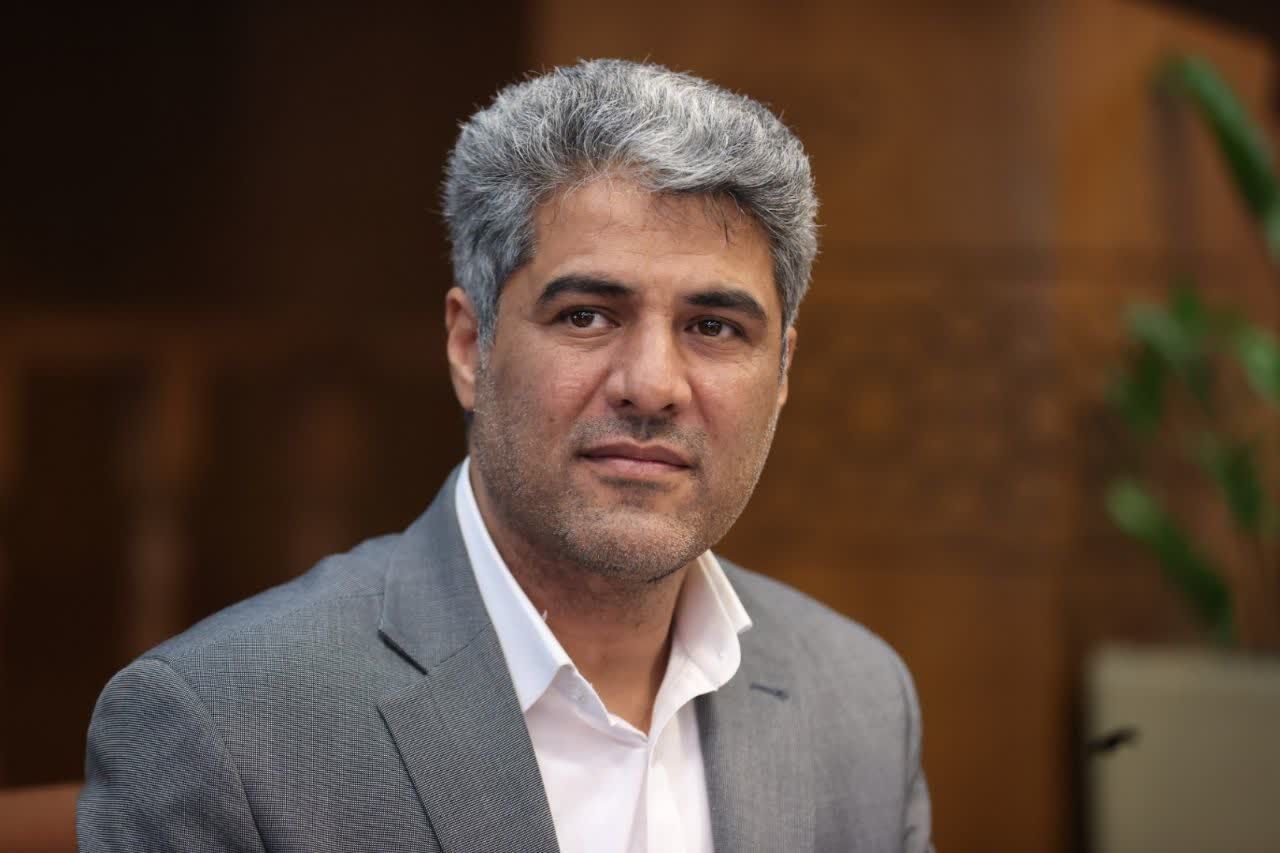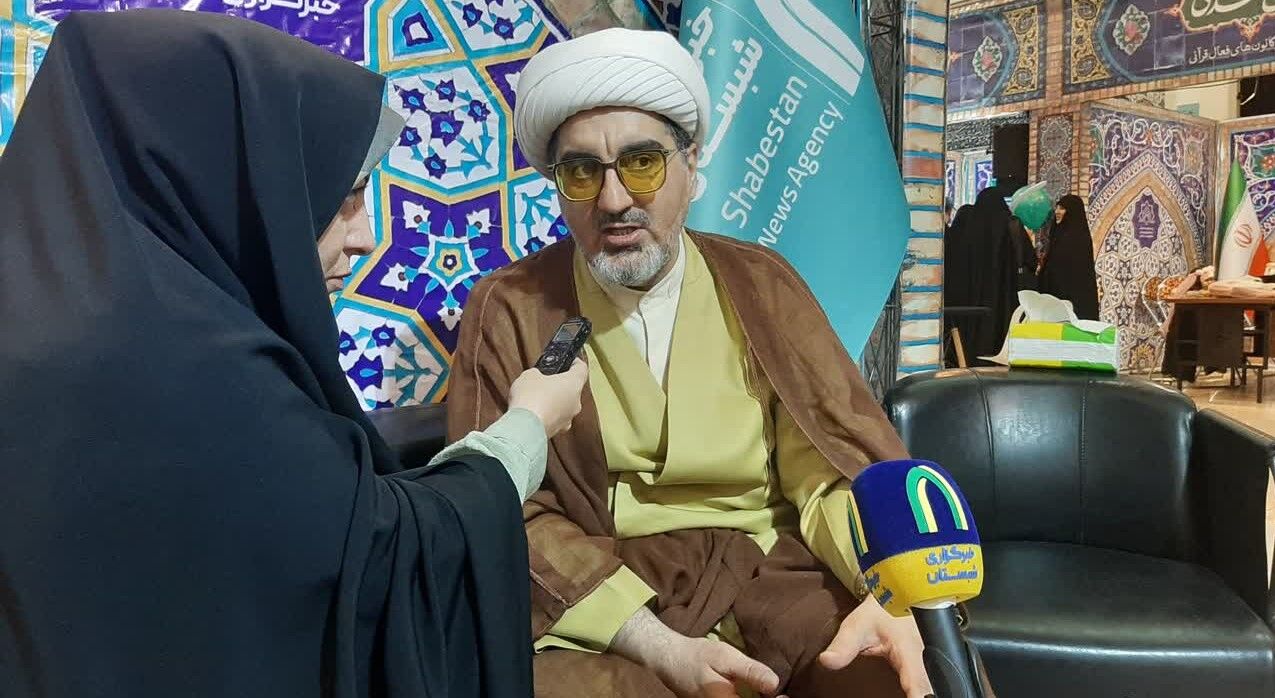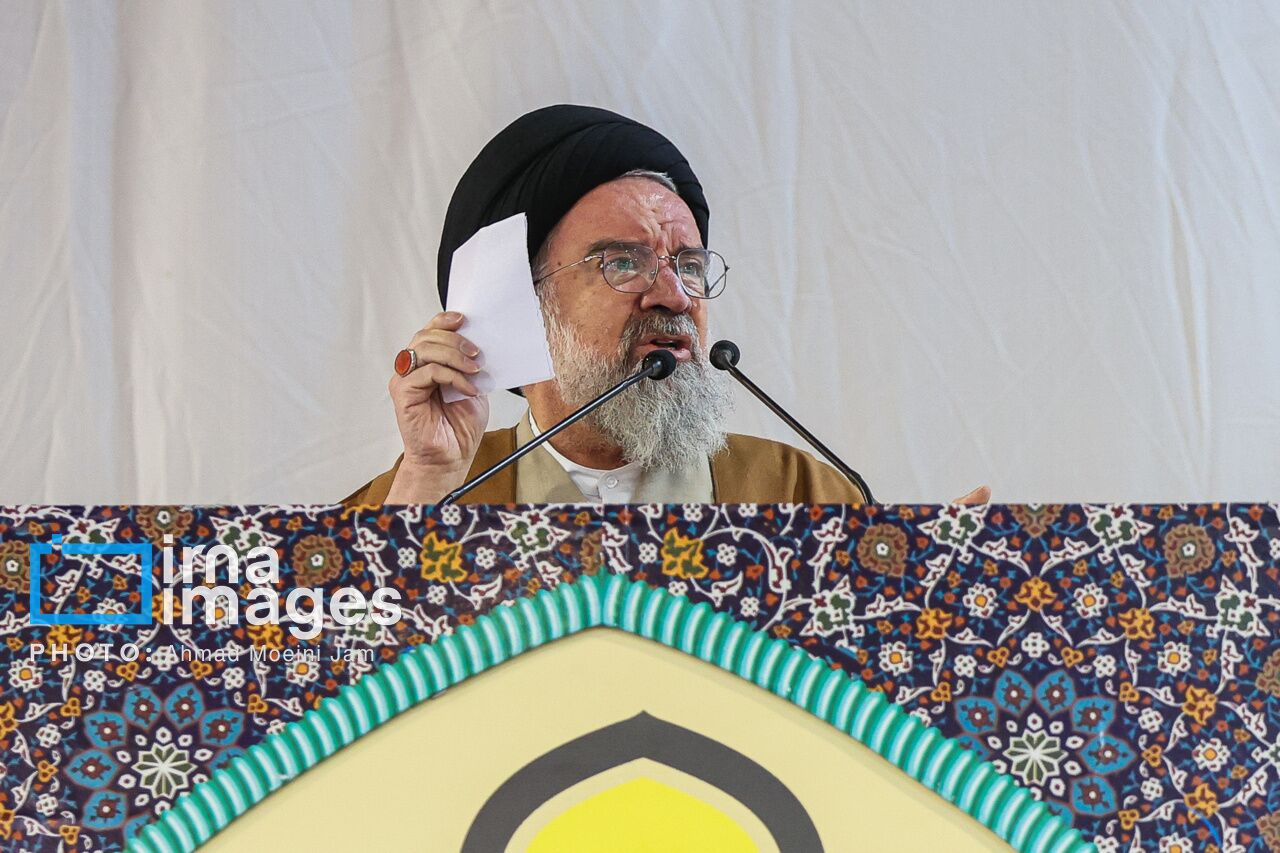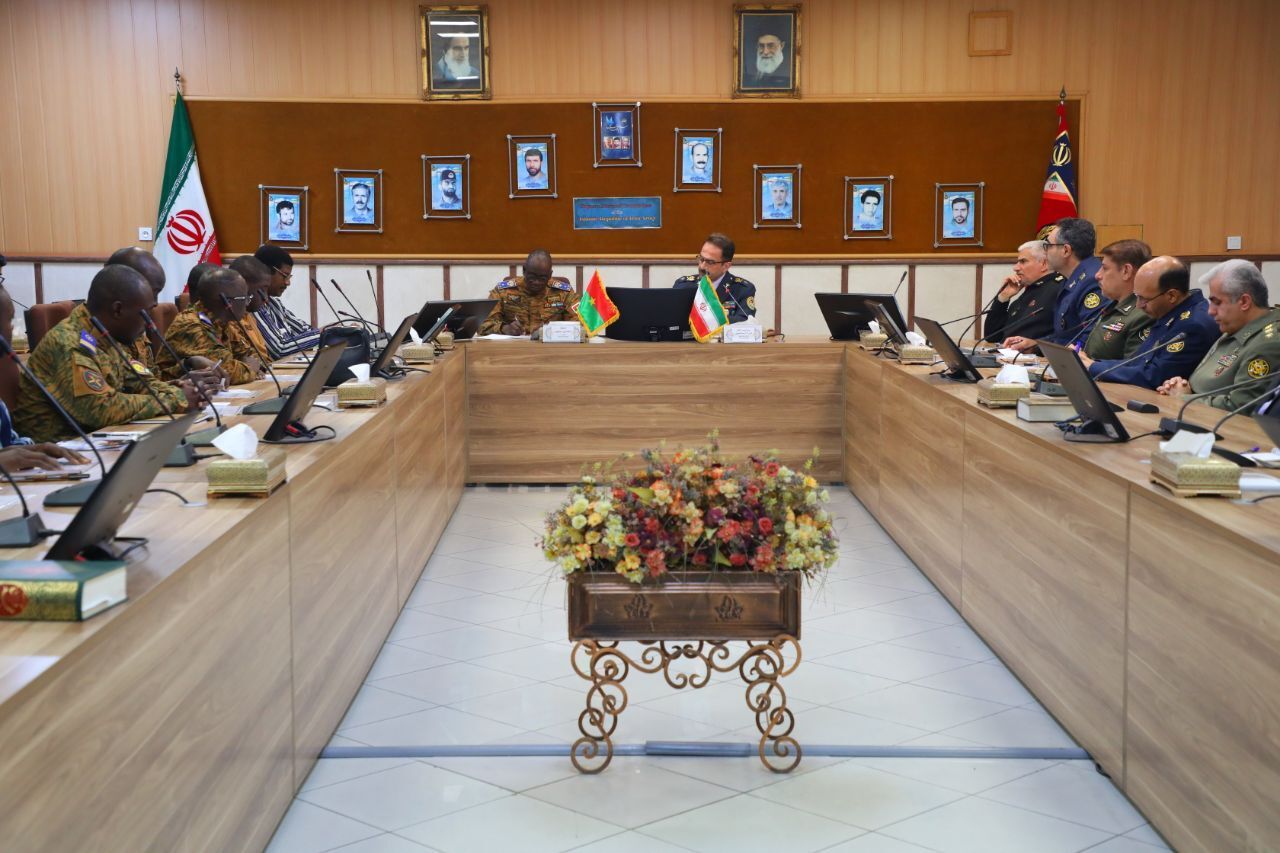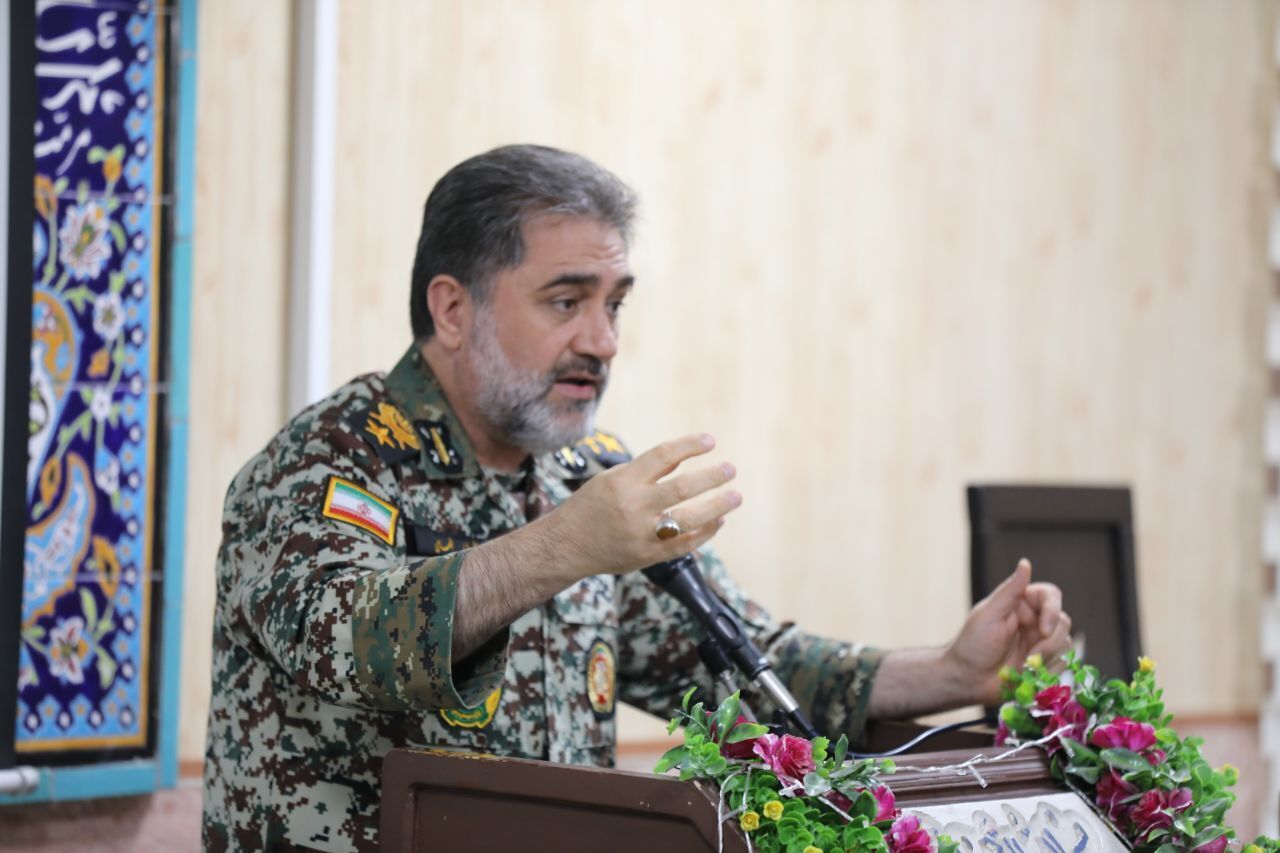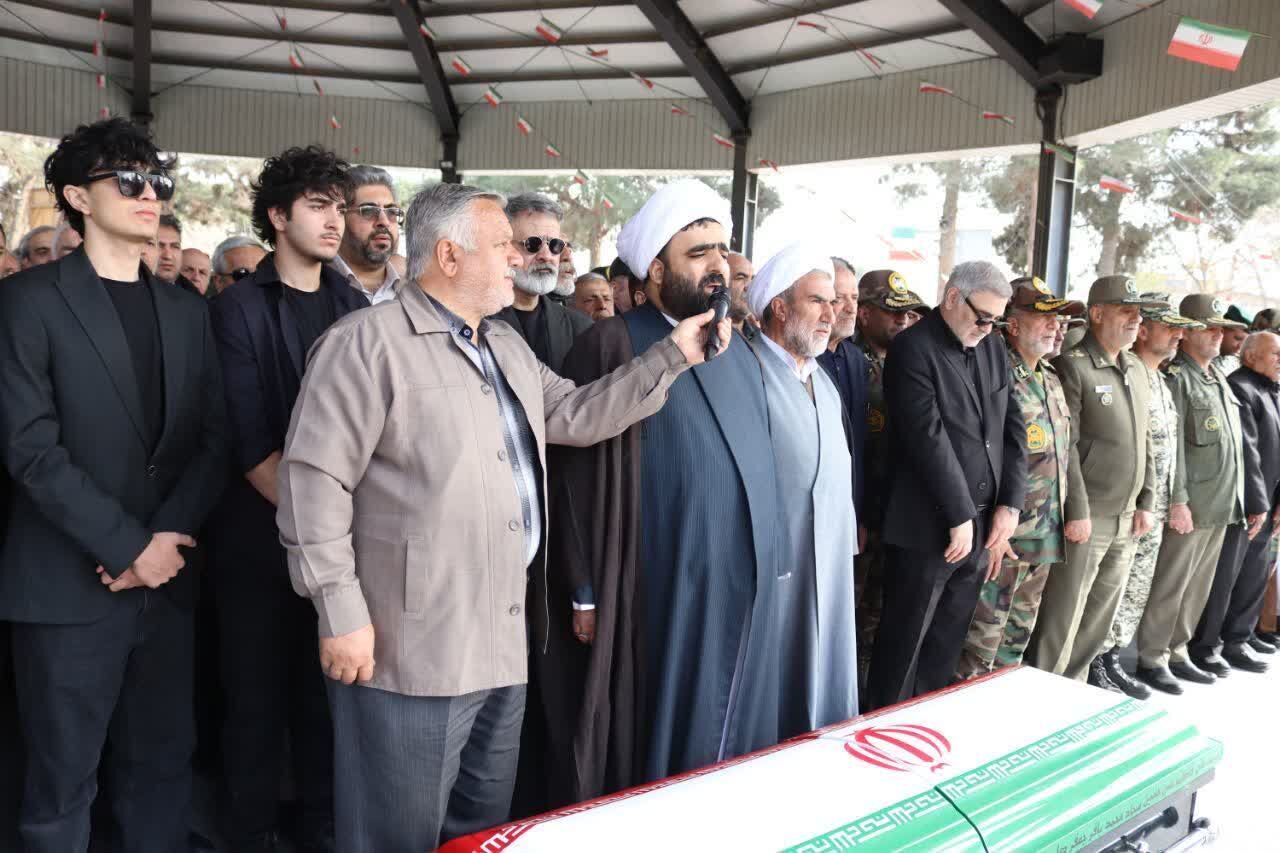Why Egypt's parliamentary elections are a carefully choreographed sham
Why Egypt's parliamentary elections are a carefully choreographed sham

As Egyptians head to the polls for parliamentary elections, the race is being stage-managed by security and judicial levers designed to narrow, vet and - where useful - humiliate would-be challengers.
The National Elections Authority (NEA)’s timetable is clear enough: overseas voting on 7-8 November, and domestic voting on 10-11 November. But the meaningful part of the contest has unfolded long before ballots are cast: in courts, ministries and security offices that decide who may run and on what terms.
The rules of the game already tilt the field. Egypt retains a hybrid system that blends individual seats with winner-take-all, closed-list blocs. In practice, the 50-percent threshold on lists prevents smaller or independent parties from gaining any representation unless they are absorbed into regime-approved coalitions. Legal tweaks in May redrew districts but left this core machinery intact, ensuring another rubber-stamp legislature.
Evidence from this summer’s upper-chamber (Senate) vote suggests what’s coming: state-aligned lists swept the field, and turnout hovered around 17 percent, a level consistent with managed participation rather than voter enthusiasm. The NEA’s own announcements and election monitors’ summaries underscored how little was left to chance.
The gatekeeping now extends deep into candidates’ bodies. For the first time, authorities mandated centralised medical screening, including urine tests for drugs and alcohol, with the health ministry and NEA specifying designated labs and sample-collection centres nationwide. Government-friendly outlets spelled out the requirement: candidates must prove they are not users of “drugs or intoxicants”.
Predictably, the test has become a political filter. In one emblematic case, the Socialist Popular Alliance Party’s candidate in Mansoura, Mohamed Abdel Halim, was excluded after authorities cited a failed drug test. He produced a second test, conducted at the same certified facility, showing he was clear; his appeal was rejected anyway.
The episode signals how a medical tool can be deployed arbitrarily to erase contenders whose politics the state dislikes. Abdel Halim’s party ultimately decided to withdraw altogether from the race.
Narrowing the field
The drug-test requirement isn’t the only new sieve. Courts are also being leveraged to narrow the field. Just days before the election campaign launched, Egypt’s Supreme Administrative Court upheld the exclusion of former MP Haitham el-Hariri from running because he was exempted from military service, transforming a personal status category into a political disqualifier with potentially sweeping effects.
The ruling effectively blesses the NEA with the authority to purge anyone with a similar status, erecting yet another barrier for parts of the opposition’s next generation.
Money remains a decisive filter. The Tahrir Institute for Middle East Policy’s election brief details how simply getting on the ballot can cost around 41,000 Egyptian pounds ($860), with campaign outlays rocketing far beyond that. A senior figure in a pro-regime party boasted that a “secure route” to a seat could run to 50 million Egyptian pounds, pricing out opposition formations that refuse to bargain with the dominant list.
The net result is a parliament that is bought, pre-sorted and immunised against dissent
The net result is a parliament that is bought, pre-sorted and immunised against dissent.
All of this is happening as Egypt approaches a political hinge point. Under the 2019 constitutional changes, President Abdel Fattah al-Sisi’s current term runs until 2030; any move to extend his rule would need a parliament willing to approve the necessary amendments by a two-thirds vote before a referendum.
That makes this election, however controlled, central to whether Egypt engineers an extension past 2030, or choreographs a post-Sisi handover tightly managed by the same security establishment.
The regime’s wider strategy helps explain the intensity of pre-election control. Sisi has a hegemony problem. Authorities have hollowed out autonomous political spaces, while trying to conjure a lightweight “civil” facade: launching new regime-aligned parties, micromanaging media, and mobilising corporatist structures to manage potential unrest without loosening their grip.
The logic is to rebuild the buffers that former President Hosni Mubarak once used to defuse pressure - but after a decade of pervasive coercion and militarisation, those buffers are brittle, and public legitimacy has thinned amid debt, inflation and serial austerity.
Selection pipeline
The economic squeeze feeds directly back into the election. The costs of merely qualifying, including medical screenings, deposits and legal paperwork, now serve as a paywall that filters candidates by their access to regime patrons, wealthy businesspeople, or alignment with the dominant list.
The Tahrir Institute for Middle East Policy reports that even long-standing parties withdrew from individual races because they could not meet the financial threshold, an implicit admission that money and security approval - not policy or party roots - now decide who is viable.
Nor is the judiciary acting as a counterweight. Human Rights Watch has tracked how laws issued in 2024 expanded military authority over civilian life and widened the reach of military courts over civilians. Combine that legal climate with a drug-testing regime policed by executive agencies, and a court system willing to interpret military-service status as a political veto, and the “rule of law” becomes the rule of selection.
The likely upshot is familiar: a lower house stacked with the Nation’s Future Party and its satellites; a handful of independents whose local ties make them useful rather than dangerous; and opposition figures confined to symbolic runs in individual districts, or to deals for a token presence on regime lists.
The Senate preview offers a near-term baseline for participation. If the House vote produces comparable numbers, it will confirm that the regime views elections primarily as a ritual of ratification, not a site of contestation.
Still, the exercise matters. Because the constitution routes any extension of presidential terms through parliament, the composition of this chamber will tell us whether Cairo intends to normalise indefinite rule, or prefers a managed transition that preserves the military-security complex’s dominance. Either path turns on a legislature selected through vetting tests, medical and political, that compress the public sphere ahead of the choice.
Two final notes on mechanics underline how the contest is being curated. Firstly, the testing rules set forth by the NEA and the health ministry are not mere hygiene. They are an instrument in the selection pipeline, given how contested results can “stick” even when contradicted by fresh tests from the same lab.
Secondly, the military-service ruling injects a new exclusion principle into electoral law - one that rights advocates warn could lock out thousands on grounds that bear no relation to democratic competence. Taken together, these moves shift candidacy from a right to a revocable privilege.
In short, the 2025 parliamentary elections are less an open race than a calibration of control. The ballot dates are set, the procedures codified - and the imagery of normalcy will be abundant. But the real contest over who qualifies as a candidate, what it costs to appear on the ballot, and whether parliament will help extend Sisi’s rule beyond 2030 has already been decided behind the scenes. The rest is choreography.
The views expressed in this article belong to the author and do not necessarily reflect the editorial policy of Middle East Eye.






